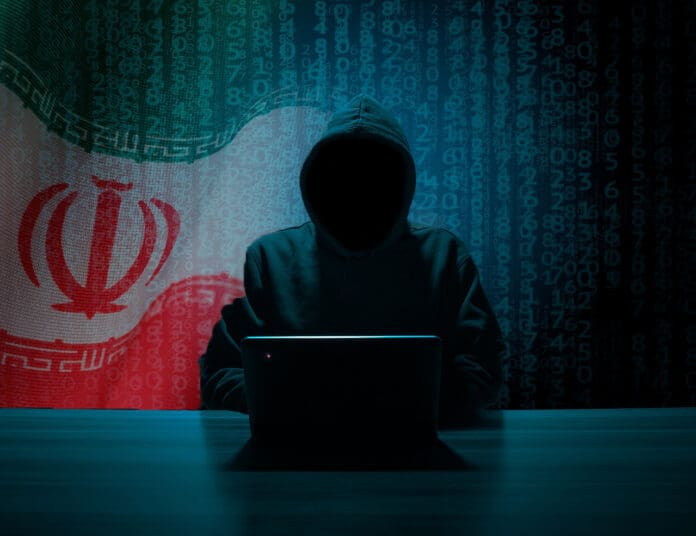This post is also available in:
 עברית (Hebrew)
עברית (Hebrew)
A significant data breach has exposed the personal information of thousands connected to the Saudi Games, the kingdom’s premier national sporting event. The incident, revealed on June 22nd via the Telegram channel of pro-Iranian group Cyber Fattah, involves the public release of multiple SQL databases, allegedly extracted from the Saudi Games 2024 website.
Featuring over 6,000 athletes across 53 sports, the Saudi Games are considered the largest athletic competition in Saudi Arabia. The data dump reportedly includes highly sensitive material such as passport images, bank records, and medical documents — not only of athletes and spectators, but also of government officials.
Cybersecurity analysts believe the breach is part of a broader campaign of politically motivated cyber activity aimed at destabilizing regional alliances and escalating tensions following geopolitical developments. The timing of the leak — just days after the U.S. conducted airstrikes on Iranian nuclear facilities — suggests a coordinated response within the ongoing cyber conflict.
This is not merely a data breach. it’s an attempt to use compromised personal data as a tool in a wider propaganda strategy targeting Saudi Arabia, Israel, and the U.S., explain security researchers at Resecurity, the firm that was first to identify and analyze the leak.
The leak is being circulated across multiple pro-Iranian and affiliated digital media channels, where it is being used to amplify anti-Western and anti-Gulf narratives. Groups with known ties to Hezbollah, Hamas, and Iran-aligned militia groups in Iraq have reportedly integrated the data into broader disinformation campaigns.
This latest incident highlights how cyberattacks are increasingly being used not just to disrupt, but to send a message. By targeting a high-profile national event like the Saudi Games, threat actors are leveraging public platforms to maximize impact and visibility. As digital infrastructure becomes more deeply intertwined with national identity and public life, such attacks serve as a stark reminder that cyberspace is now a key front in geopolitical conflict.


























